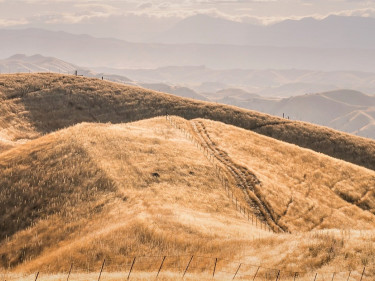If you use rural land for leisure and recreation, you need to be aware of the risks of fires in forests, parks and rural areas. The rules are different in these areas compared to living and working in town.
Using forests, parks and rural land for recreation.
Before you head out to make use of the great outdoors, make sure you:
- Find out about fire restrictions and the current fire danger by contacting your local Rural Fire Officer or Fire and Emergency NZ.
- Check the current fire season status on the Check It's Alright website.
- Check with the land manager or owner, for any rules on campfires, gas cookers and established cooking areas.
- Check maintenance on vehicles, machinery and equipment, including quad bikes and motor bikes.
- Find out if you need a spark arrestor on your exhaust system.
During your activity, make sure you:
- Follow the instructions on your permit.
- Have access to water if lighting a fire.
- Use gas-powered cooking stoves, rather than thermettes.
- Do not use tracer ammunition or coarse-grained gunpowder (black powder) for firearms.
- Turn machinery engines off when parking them over dry, flammable material.
- Keep the site clear of bottles and other reflective items that can act as magnifying glasses and start fires.
- Do not use an open flame anywhere near trees, long dry grass, and steep northerly-facing slopes.
- Do not remove or damage any signs, such as the RAPID address or water points
Leaving Forests, Parks or Rural Lands
When leaving a site, make sure you:
- Fully extinguish your campfire.
- Dispose of ashes carefully.
- Take all rubbish with you.
If in Doubt – Do Not Light a Fire














